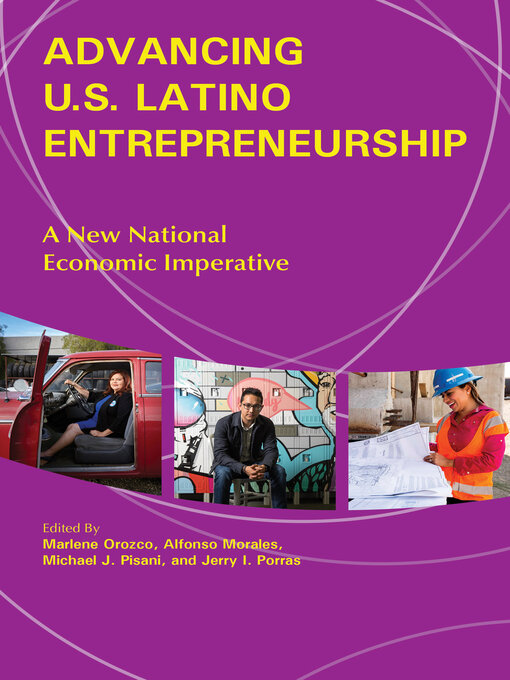Advancing U.S. Latino Entrepreneurship examines business formation and success among Latinos by identifying arrangements that enhance entrepreneurship and by understanding the sociopolitical contexts that shape entrepreneurial trajectories. While it is well known that Latinos make up one of the largest and fastest growing populations in the U.S., Latino-owned businesses are now outpacing this population growth and the startup business growth of all other demographic groups in the country.
The institutional arrangements shaping business formation are no level playing field. Minority entrepreneurs face racism and sexism, but structural barriers are not the only obstacles that matter; there are agentic barriers and coethnics present challenges as well as support to each other. Yet minorities engage in business formation, and in doing so, change institutional arrangements by transforming the attitudes of society and the practices of policymakers. The economic future of the country is tied to the prospects of Latinos forming and growing business. The diversity of Latino experience constitutes an economic resource for those interested in forming businesses that appeal to native-born citizens and fellow immigrants alike, ranging from local to national to international markets.
This book makes a substantial contribution to the literature on entrepreneurship and wealth creation by focusing on Latinos, a population vastly understudied on these topics, by describing processes and outcomes for Latino entrepreneurs. Unfairly, the dominant story of Latinos—especially Mexican Americans—is that of dispossession and its consequences. Advancing U.S. Latino Entrepreneurship makes clear the undiminished ambitions of Latinos as well as the transformative relationships among people, their practices, and the political context in which they operate. The reality of Latino entrepreneurs demands new attention and focus.
